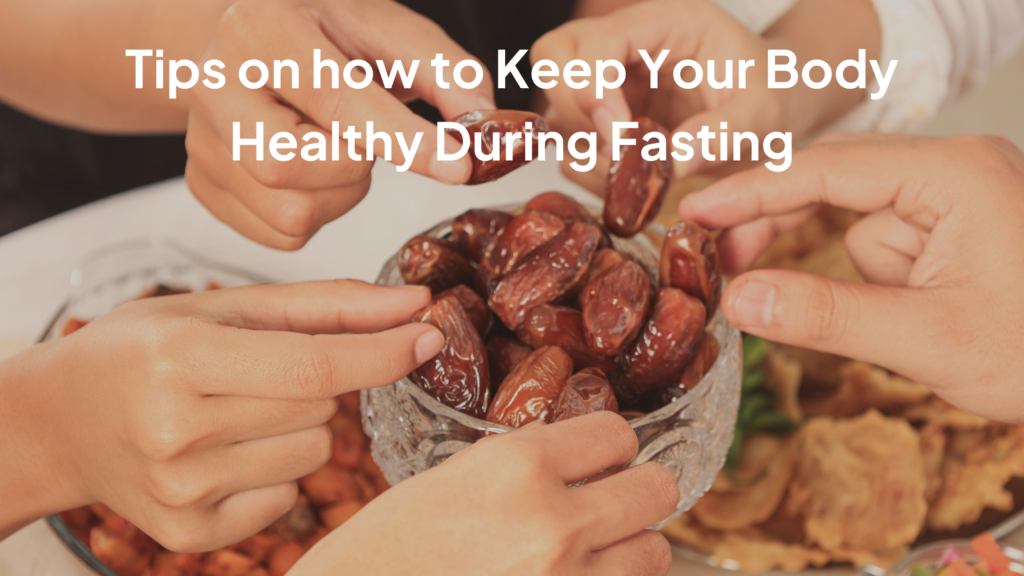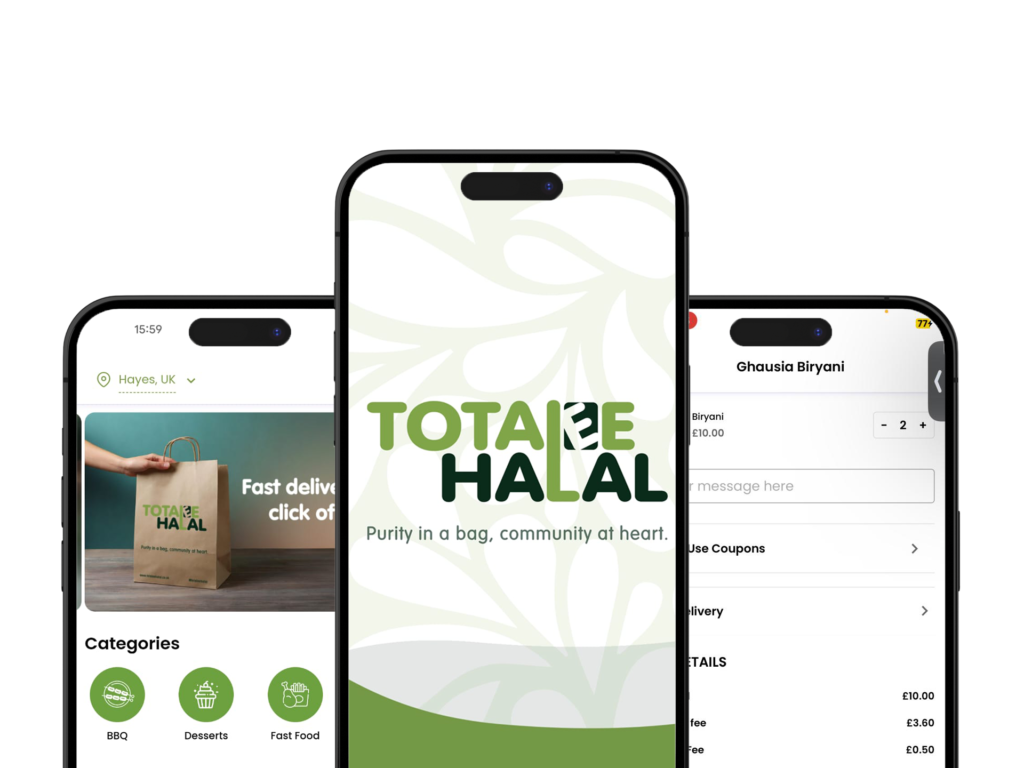Healthy Ramadan Eating: Tips on how to Keep Your Body Healthy During Fasting
Ramadan is a sacred month of fasting, reflection, and spiritual growth. However, transitioning from regular eating habits to daily fasting can be challenging for your body. A well-balanced Ramadan diet can help ease this transition, ensuring you stay energized, healthy, and ready for the entire month. In this blog, we will explore effective healthy fasting tips and the importance of halal nutrition during Ramadan.
Why Nutrition During Ramadan Matters
Before Ramadan begins, your body is accustomed to a regular meal schedule. Sudden fasting can lead to fatigue, dehydration, headaches, and digestive issues. By gradually adjusting your eating habits, you can minimize these side effects and have a healthy Ramadan.
A well-planned Ramadan diet helps:
- Reduce cravings and hunger pangs
- Maintain energy levels throughout fasting hours
- Prevent digestive discomfort
- Improve hydration
- Strengthen the immune system
Keep Your Meals Halal during Ramadan
Ensuring your meals are halal-certified before Ramadan is essential for maintaining a pure and wholesome diet. Ordering from Totalee Halal guarantees that you consume high-quality, halal-compliant meals that nourish your body and keep you spiritually aligned.
Benefits of Ordering from Totalee Halal:
- Assured halal nutrition in every meal
- Convenient and time-saving meal options
- Balanced Ramadan diet with nutrient-dense foods
Key Ramadan Diet Tips
1. Prioritize Hydration
One of the biggest challenges during Ramadan is maintaining hydration. After Iftaar till Suhoor, focus on increasing your water intake. Aim for at least 8-10 glasses of water per day. Reduce caffeine and sugary drinks, as they can lead to dehydration and energy crashes.
Hydration Tips:
- After Iftaar, have a glass of warm water and lemon.
- Carry a water bottle after Iftaar to remind yourself to drink water till Suhoor.
- Eat water-rich foods like cucumbers, watermelon, and oranges.
2. Eat Nutrient-Dense Foods
Focus on halal nutrition that provides sustained energy. Incorporate complex carbohydrates, lean proteins, and healthy fats into your meals.
Best Foods to Include:
- Complex Carbohydrates: Whole grains, oats, brown rice, and quinoa help provide long-lasting energy.
- Proteins: Chicken, fish, eggs, lentils, and chickpeas keep you full longer.
- Healthy Fats: Avocados, nuts, olive oil, and seeds support brain function and energy levels.
- Fiber-Rich Foods: Vegetables, fruits, and legumes promote digestion and prevent constipation.
3. Cut Down on Sugar and Processed Foods
Consuming excessive sugar and processed foods during Ramadan can lead to energy crashes and increased cravings while fasting. Reduce your intake of sweets, sodas, and junk food. Instead, opt for natural sweeteners like dates, honey, or fruits.
4. Strengthen Your Digestive System
Fasting can sometimes lead to digestive discomfort, especially if your diet lacks fiber. To keep your gut healthy, include probiotic-rich foods like yogurt, kefir, and fermented vegetables in your pre-Ramadan diet.
Digestive Health Tips:
- Eat smaller, balanced meals to prevent bloating.
- Incorporate fiber to maintain regular bowel movements.
- Reduce spicy and oily foods during Ramadan to avoid acid reflux.
Preparing Mentally and Physically
1. Exercise Moderately
Light exercises like walking or stretching can help keep your body active and prevent sluggishness. Avoid strenuous workouts close to Iftar.
2. Get Enough Sleep
Fasting affects sleep patterns, especially with late-night prayers and early suhoor meals. Start adjusting your sleep schedule early to ensure you get 6-8 hours of quality sleep.
Sleep Improvement Tips:
- Reduce screen time before bed.
- Create a relaxing nighttime routine.
- Avoid heavy meals close to bedtime.
3. Reduce Caffeine Dependence
If you rely on coffee or tea to get through the day, gradually reduce your intake to avoid withdrawal headaches. Replace caffeinated drinks with herbal teas or warm water with lemon.
Prioritizing hydration, nutrient-rich meals, and mindful eating at Suhoor and Iftar can sustain your energy levels and ease fasting challenges.Additionally, incorporating halal nutrition principles by ordering from Totalee Halal will keep you nourished and spiritually connected throughout the holy month.
Start making gradual changes today, and embrace a healthier, more fulfilling Ramadan!





